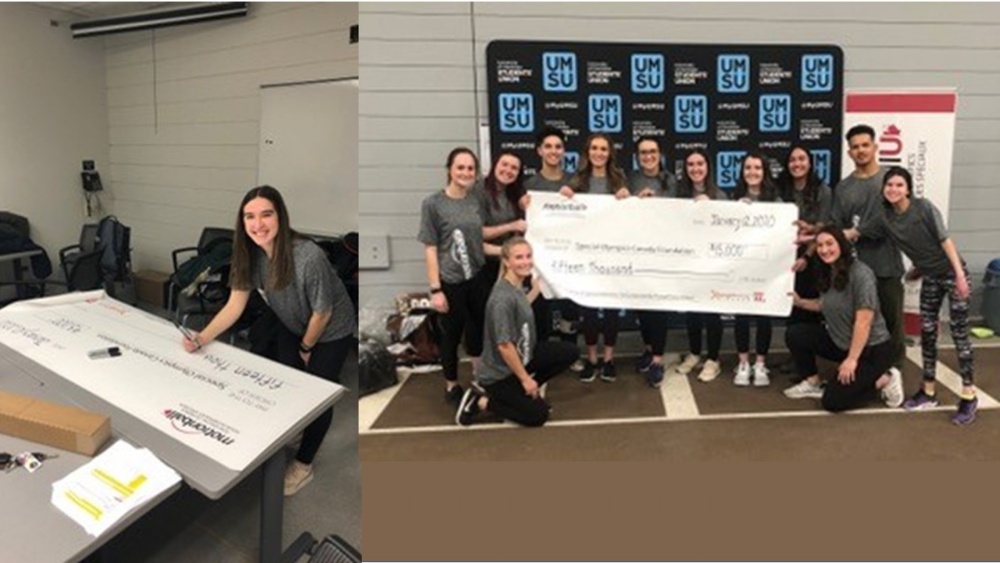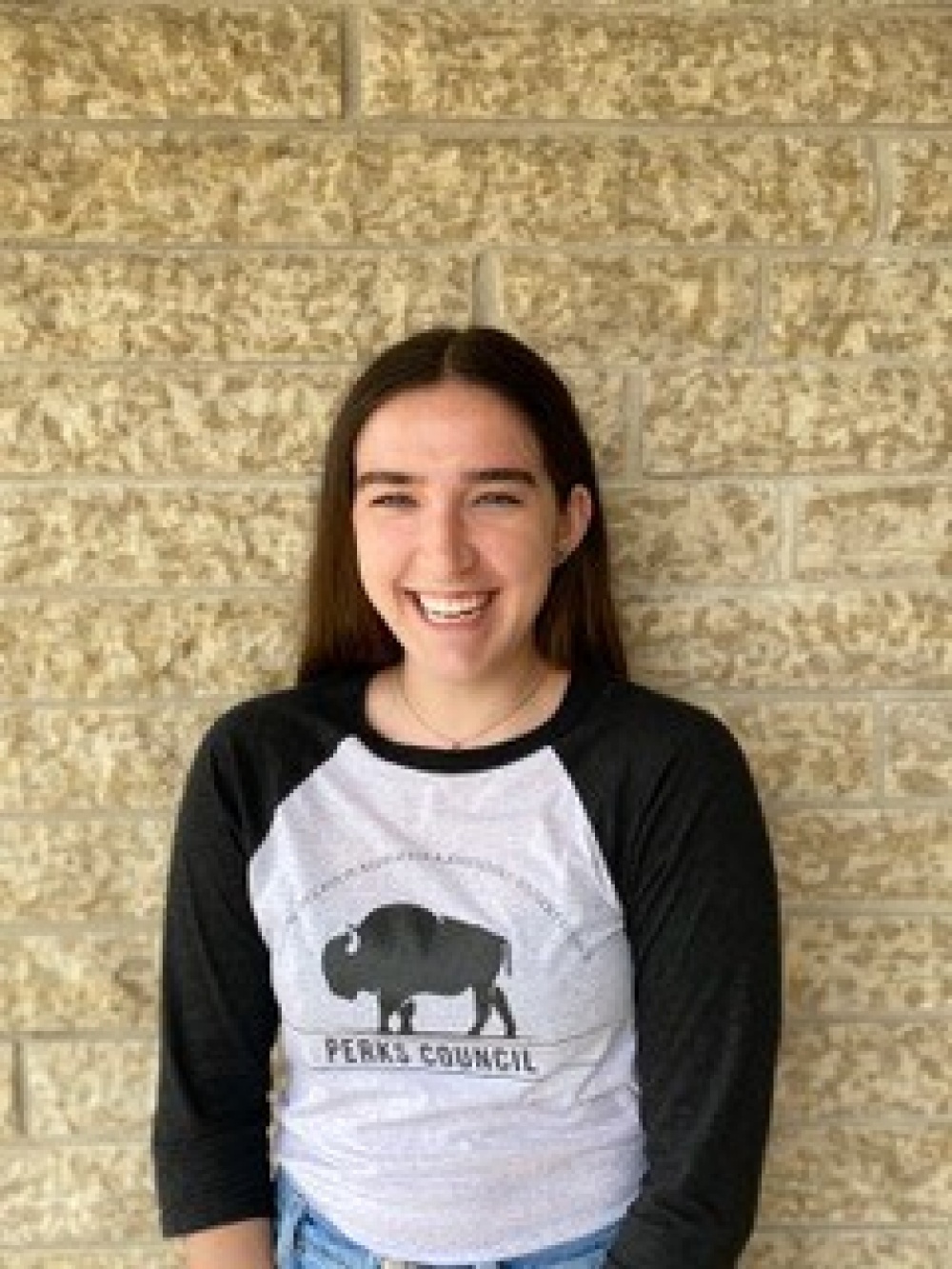Game-On!
Cart0Login

Humans of Ultimate is a new initiative at MODS to highlight key spirit leaders in our community who value spirit of the game, integrity, sportsmanship and fun above winning and rivalry. Without these amazing pieces of our community and their leadership our sport and organization wouldn't be where we are today!
Written by Corey Draper - Contributions from Jean-Luc Forest & Ava Glesby - Edited by Sean Seywright
Anyone involved in the early days of Ultimate needs no introduction to Jean-Luc Forest. As co-founder of MODS Jean-Luc was vital to the start of the league and the early success of Ultimate in Winnipeg. For those of us who weren’t part of the scene in the 80’s and very early 90's the introduction to Jean-Luc likely came through the 2013 - MODS 25th Anniversary Gala Dinner and Social. Jean-Luc made quite the impression on the large crowd and MODS was able to bring his story forward to the new generation of players who didn’t even know how much they owed to Jean-Luc and the other pioneers of MODS.
Spirit of the Game was a huge part of the foundation of MODS and I learned just how important it was to Jean-Luc in the lead up to the 2013 event. If we’re going to talk Spirit of the Game, we have to go back to the start and in this case bring it full circle to the present day. The origins of MODS can be traced to Jean-Luc’s own involvement in Disc Sports. After breaking his arm JL’s older brother Pierre thought that throwing a frisbee may be a good way to rehab the injury. This led to Jean-Luc competing in all around individual play tournaments (including Disc Golf and Free Style), and 3 Junior Canadian National titles (81 – 83) and 2 Junior World Championships titles (82 & 83).
Jean-Luc’s love of Ultimate was born out of summer trips to Toronto and the first ripples of what would become MODS were seen in St Paul’s High School as JL taught his friends to play the game. Fast forward to the start of the Winnipeg League and MODS. Jean-Luc knew he wanted more than a league and that an organization had to be built with Spirit of the Game as a top priority.
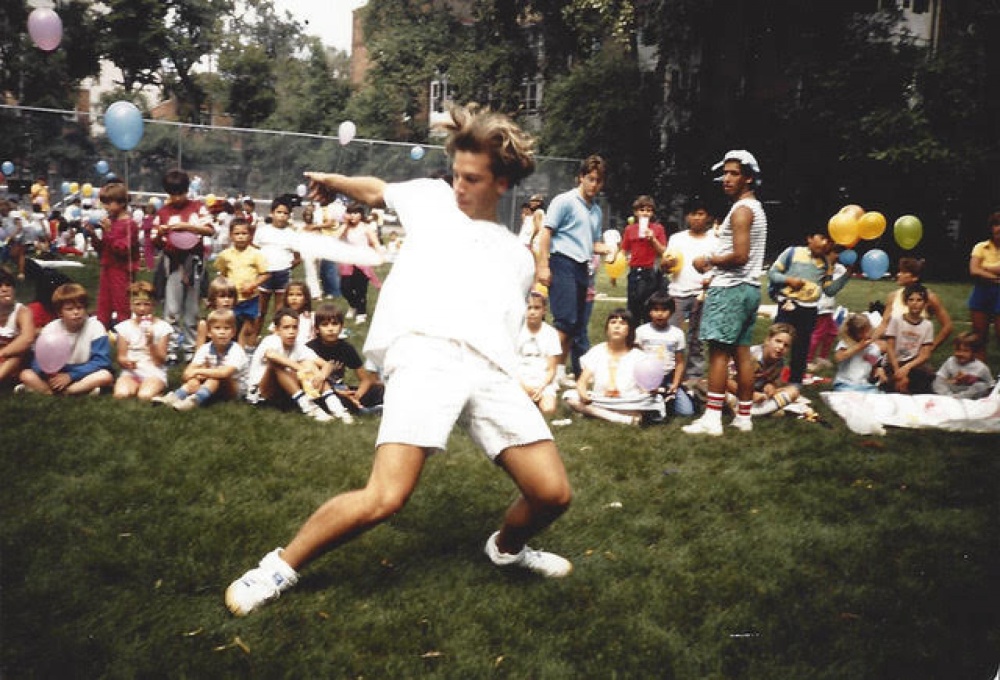
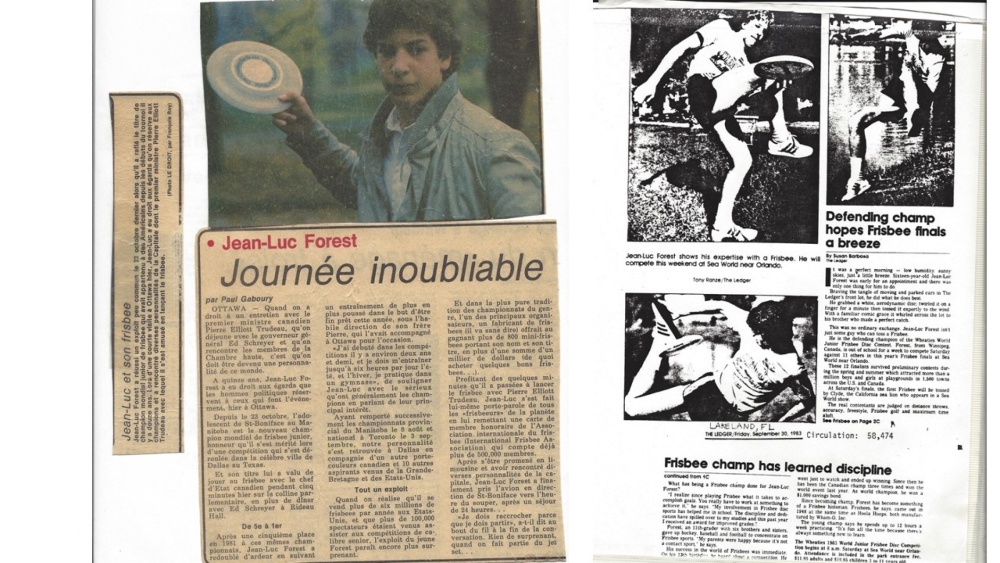
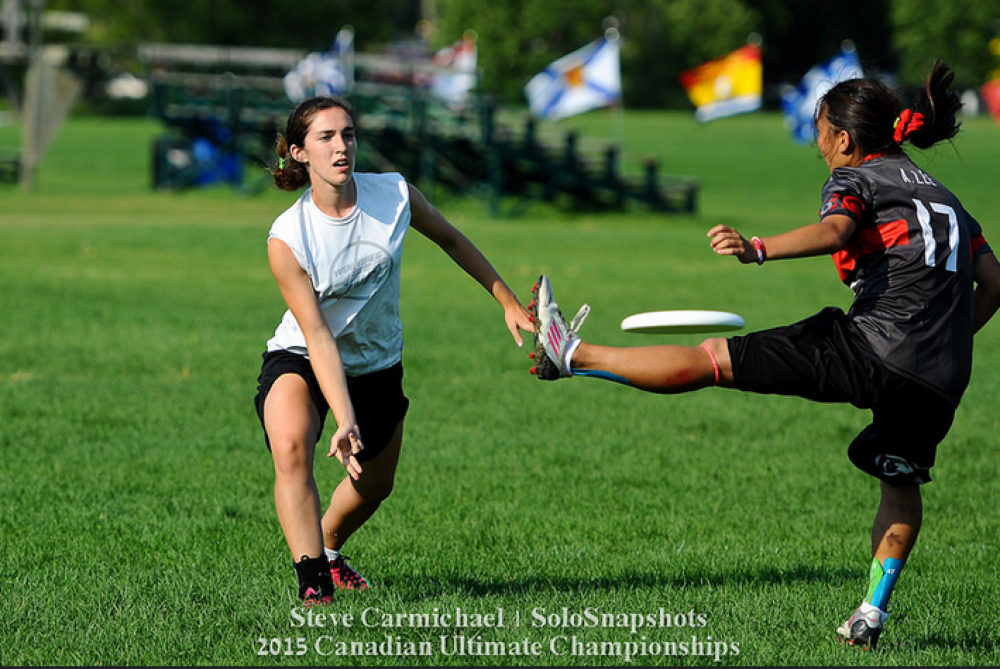
Life took Jean-Luc off to British Columbia and MODS flourished and grew into one of the largest organizations within Sport Manitoba. Fast forward many years and MODS was not only one of the largest adult Ultimate leagues in the country but also had a thriving school league scene. In 2016 the MODS board introduced the “Jean-Luc Forest Spirit of the Game” Junior Development Scholarship. To bring this story full circle we look to the first ever winner of said award… Ava Glesby. Ava entered the spring of 2016 as a graduating athlete on the Sturgeon Heights Huskies and was coming off a previous summer as a player on the MOFO Jr Women's team. Ava was looking forward to Provincials and one last summer with MOFO but a serious knee injury derailed all of that. Ava wasn’t able to compete that spring or summer but didn’t let that get in the way from making a big impact on both teams. Ava’s positive attitude remained on the sideline where she took on a role that supported her teammates and exemplified the best aspects of Spirit of the Game. Though these two have never met both Jean-Luc and Ava have SOTG deeply woven into their fabric and it shines through in many aspects of their life.
MODS interviewed Ava and Jean-Luc to get more insight on how Ultimate and Spirit of the Game have impacted their lives.
Jean-Luc Forest
(MODS) Jean-Luc, We know you initially learned the sport of Ultimate on a summer trip to Toronto. When do you think you were introduced to the concept of “Spirit of the Game”? (J-L) After my first trip to Toronto for the Canadian Jr. Championships when I was 14 (1981), some of the key founders of the Toronto disc scene became my adopted family. For a good 4 or 5 years I was travelling to Toronto around 7 times a year, living in the Beaches and soaking up anything I could about disc sports including Ultimate (which I would play at the Beaches every Spring/Summer/Fall I was there). My first time playing I was introduced to the SOTG. I’ll never forget it. It is the spirit of sportsmanship (the responsibility of fair play on the player) all the while celebrating and welcoming highly competitive play. What a combination! In the early days, SOTG for me, playing at the Beaches in Toronto and then starting and playing ultimate at St. Paul’s High School, was best represented in a quirky local Toronto Beaches edition of the Rules in how a player could call a foul not only on another player but also on themselves. I could see that it was a particularly valuable way to create teachable moments, especially at the local level and especially for the newcomers who were increasingly showing up in droves in Toronto and later Winnipeg.
(MODS) What if any challenges did MODS have in those early years with SOTG and new players? (J-L) SOTG was really important to me as a player, coach, organizer and co-founder. In the early days, I could foresee the challenges of having new players/athletes come to the game from other highly competitive refereed sports and seeing their play on the Ultimate field as more permissible (win-at-all-costs mentality). So I created a league pamphlet with a lowdown on the game to be handed out to new players or curious onlookers (many soon to be players) along with a copy of the UPA 8th Edition Rules of Ultimate, a brief chat about and highlighting in no uncertain terms the SOTG as it was laid out back then in the intro to the Rules.
(MODS) Who would you say stood out as the best example of SOTG in Winnipeg in the first couple of years for MODS? (J-L) Well, there was a solid group of us that were all over SOTG. To name but a few, as I am afraid my memory isn’t serving me well here: Mike Jones, Greg Lang, Deb Young, Butch, Ian Atwell, Bill Burgess and Edith MacDonald.
(MODS) How did SOTG shape you outside of the sport and do you use it any other aspects of your life? (J-L) SOTG continues to influence the way I engage with my everyday life, in how I welcome the trials and tribulations that inevitably arise and try to engage with it in a manner that challenges me and yet inspires me to overcome them. SOTG for me is about being yourself, welcoming the challenges that you are confronted with, and realizing that those challenges give you the opportunity to grow and become all the more who you are. I put the accent on Spirit - and use it as a touchstone in how I go about engaging with most things in my life. I bring this into how I engage with others in friendship and professionally. It is the ability to bring an openness to camaraderie into my stance regardless of whether I am throwing a disc with my son and/or daughter, sharing a beer with a friend and talking politics, or being an advocate in a courtroom as a lawyer. It is an empowering principle because no matter the situation you find yourself in, you always know you can have agency.

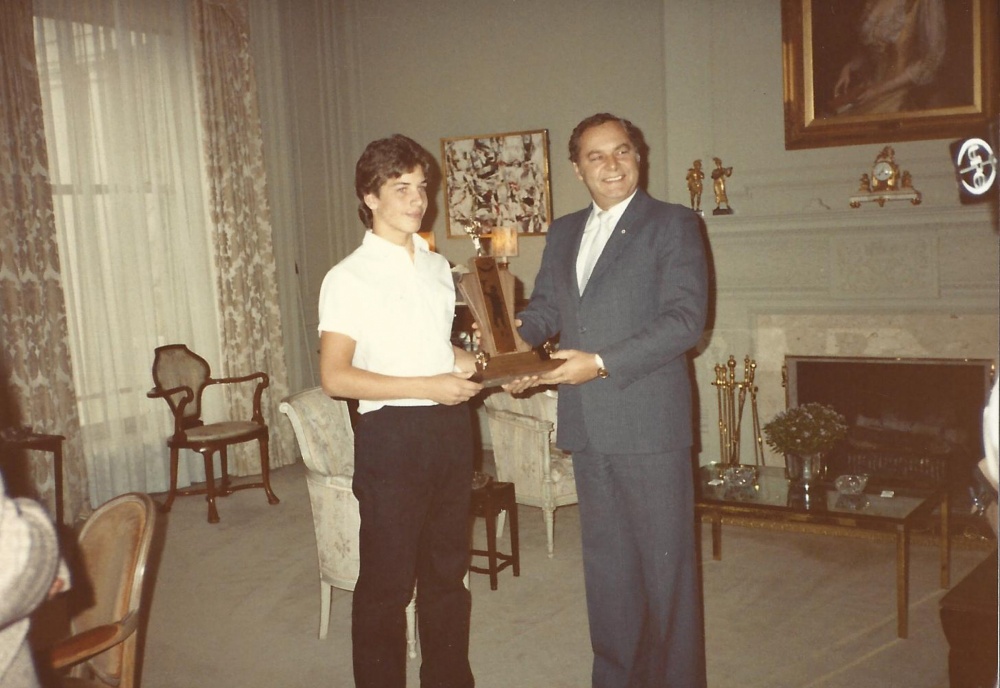
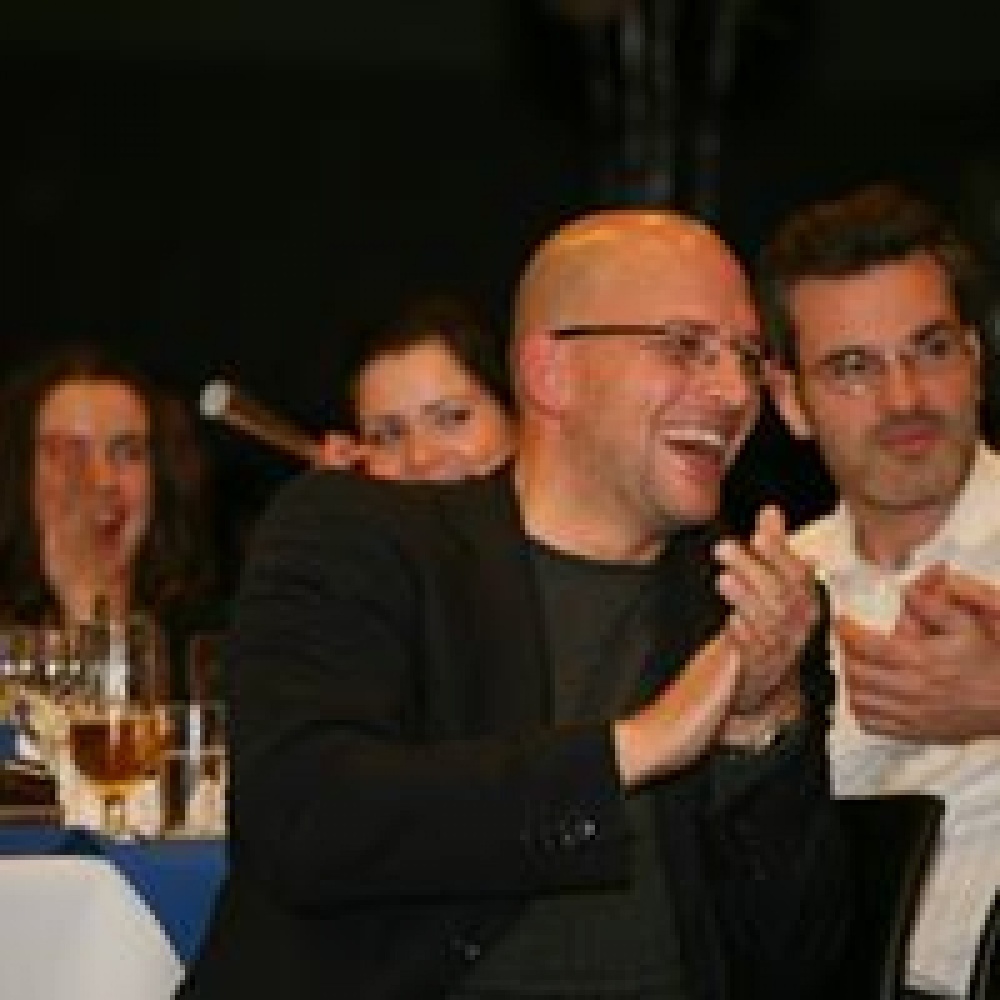
(MODS) How has Spirit of the Game changed over the years from your perspective? (J-L) It has changed, some of it in a good sense, although can be easily lost if the sense of community and importance of it isn’t constantly and consistently fostered (establish, maintain, preserve and promote). As the sport has grown in popularity, the higher level of competition has forced “the basic joy of play” to evolve and encompass a broader range. I welcome this growth and increased level of competitive play. As William Blake accurately noted, opposition is true friendship.
(MODS) In recent years you’ve been able to enjoy Ultimate through the exploits of your daughter playing in the BC school leagues. Have you noticed any differences in how SOTG is regarded with the new generation? (J-L) Mutual respect among competitors has changed markedly as has an increase in win-at-all-costs behaviour locally here and in some other cities/towns. I attribute this primarily to how the local league play fosters (establish, maintain, preserve and promote) the SOTG and a sense of community around this.
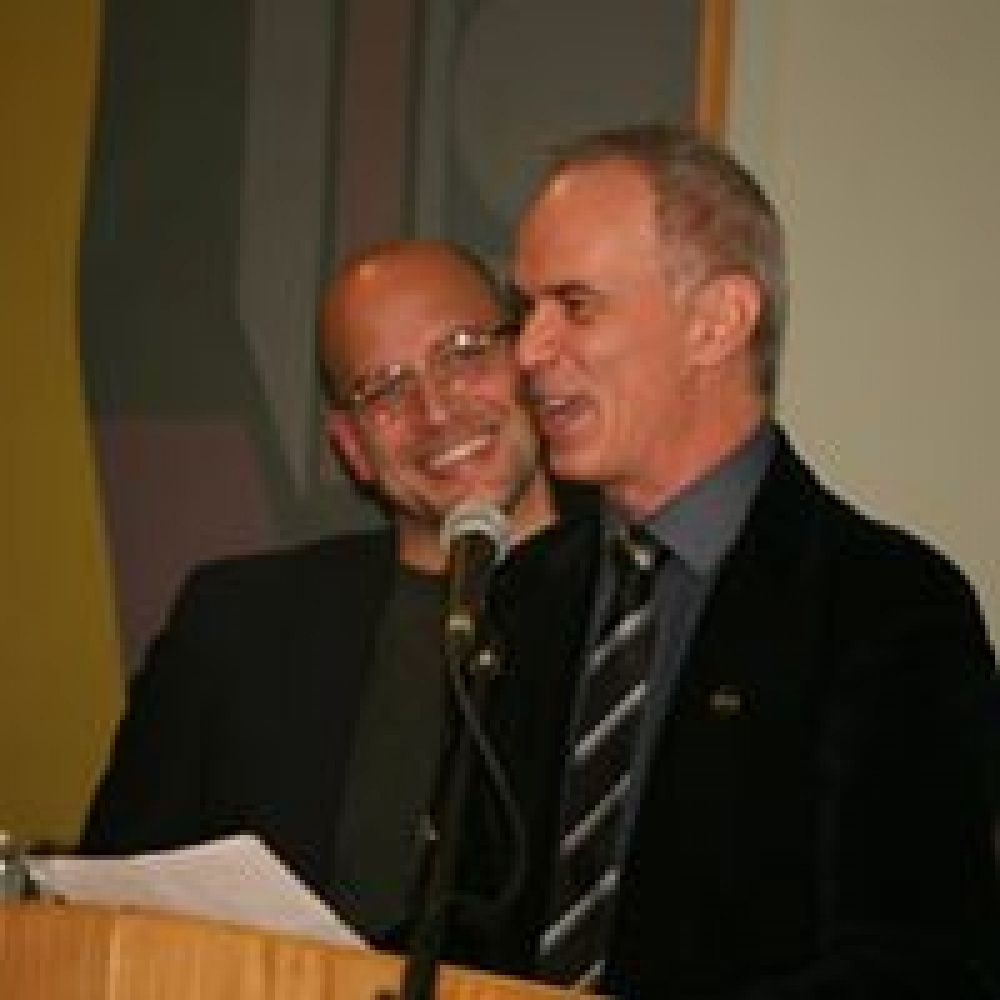
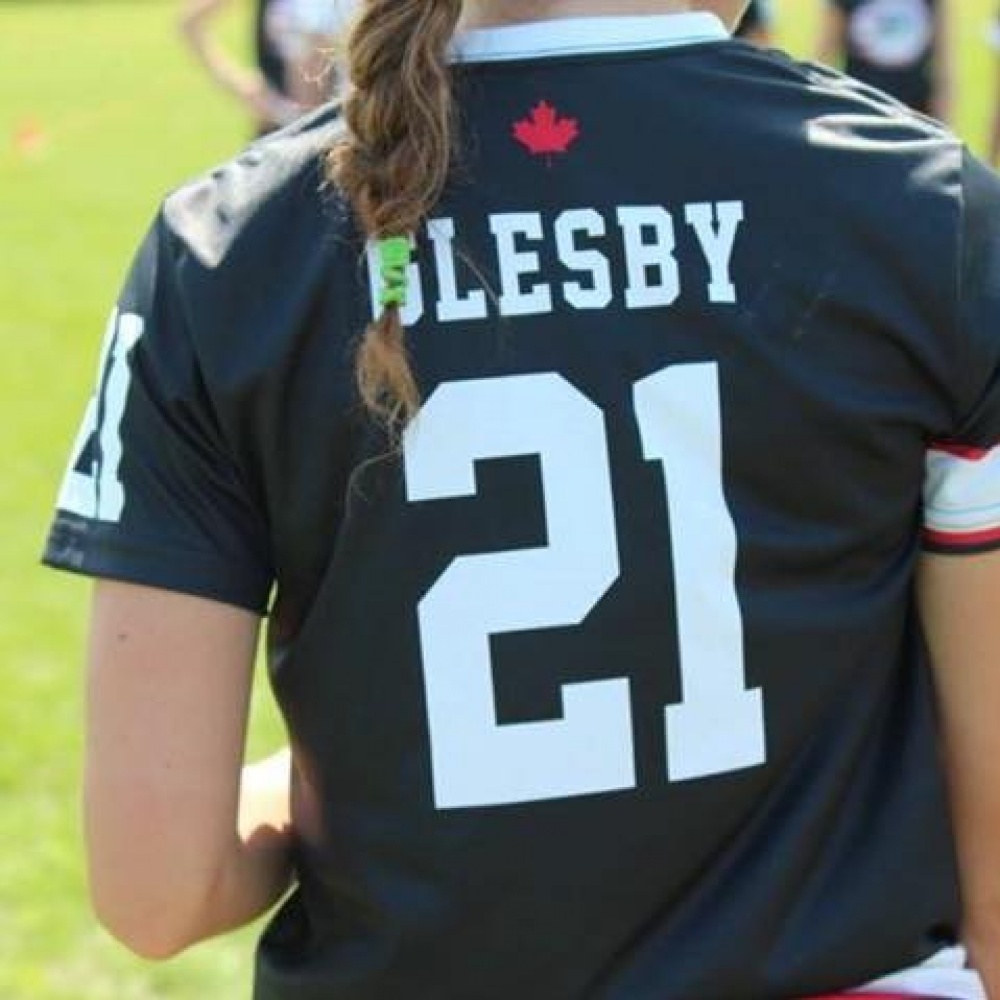
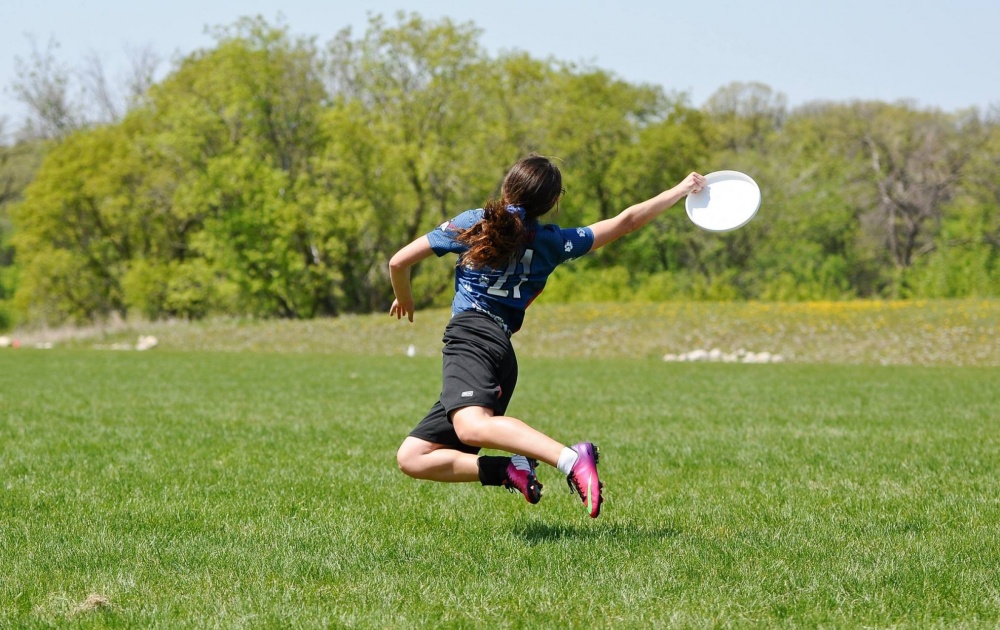
Ava Glesby
(MODS) Ava, when did you get started in Ultimate and who introduced you to the sport? (AG) I started playing ultimate when I was in grade six. In middle school I was involved in lots of sports, like rugby, track and field, and basketball. During rugby practices, I always saw people throwing a frisbee around after school and I was interested in knowing more and trying it out – and the rest is history.
(MODS) How did High School Ultimate and Spirit of the Game compare to other team sports you played? (AG) There is no comparison between ultimate and other team sports I played when it comes to spirit of the game. When I was in high school, the ultimate community was relatively small so as we grew up we created a strong sense of belonging on the field. Ultimate is a unique sport because it is self-officiated which embodies true sportsmanship and encourages an honour system amongst the players. Regardless of the call, players worked together, unlike basketball which relies on a referee to make decisions for the players which can result in arguments and hurt feelings.
(MODS) In your grade 12 year you had to deal with a fairly serious knee injury that kept you from playing sports for quite a while. Despite this massive set back you still showed great dedication to your team by being the leading voice for the players and even stepping into an assistant coach role. What did this injury teach you about team sports and yourself? (AG) Throughout high school, ultimate played an important role in my life. In the year leading up to my injury, I finally started to discover my potential in the sport as a key player on the Junior Women’s Provincial Ultimate Team (MOFO) and as a captain on the Sturgeon Heights A team. I was awarded the Most Improved Player on MOFO the summer before my injury, and I was a prospect to play on U19 Team Canada. When I injured my knee I was heart broken, but I didn’t want my injury to tarnish my senior year, so I channeled my energy from the field onto the sideline. In the past I appreciated the leadership from Sturgeon Alumni at my practices, so I wanted to step up and be a leading voice for the players like they did for me. Despite this massive set back, I found joy and gratification in sharing my knowledge and energy with my fellow teammates. My injury taught me not to take what I have for granted. Too often you see your teammates get injured, but you never think it can happen to you. Even as a provincial athlete I thought I knew how to take care of my body, but my injury taught me how to strengthen my body for optimal performance and to avoid injury, which I shared with my teammates.
(MODS) In 2016 MODS introduced the “Jean-Luc Forest Spirit of the Game Junior Scholarship” and you were the first ever recipient of that award. What were your biggest influences to developing a connection with Spirit of the Game? (AG) My biggest influence on developing a connection to the Spirit of the Game was from negative experiences in other team sports. I wanted to ensure that my teammates knew that ultimate is more than just winning. The Spirit of the Game is the backbone of ultimate, and when everyone understands and values its importance then you can sense the feeling of community and positivity on the field. I never wanted anyone to feel criticized or inferior from bad sportsmanship, so I made sure that at the end of the day we all remembered we are together because we share a love for the sport.

